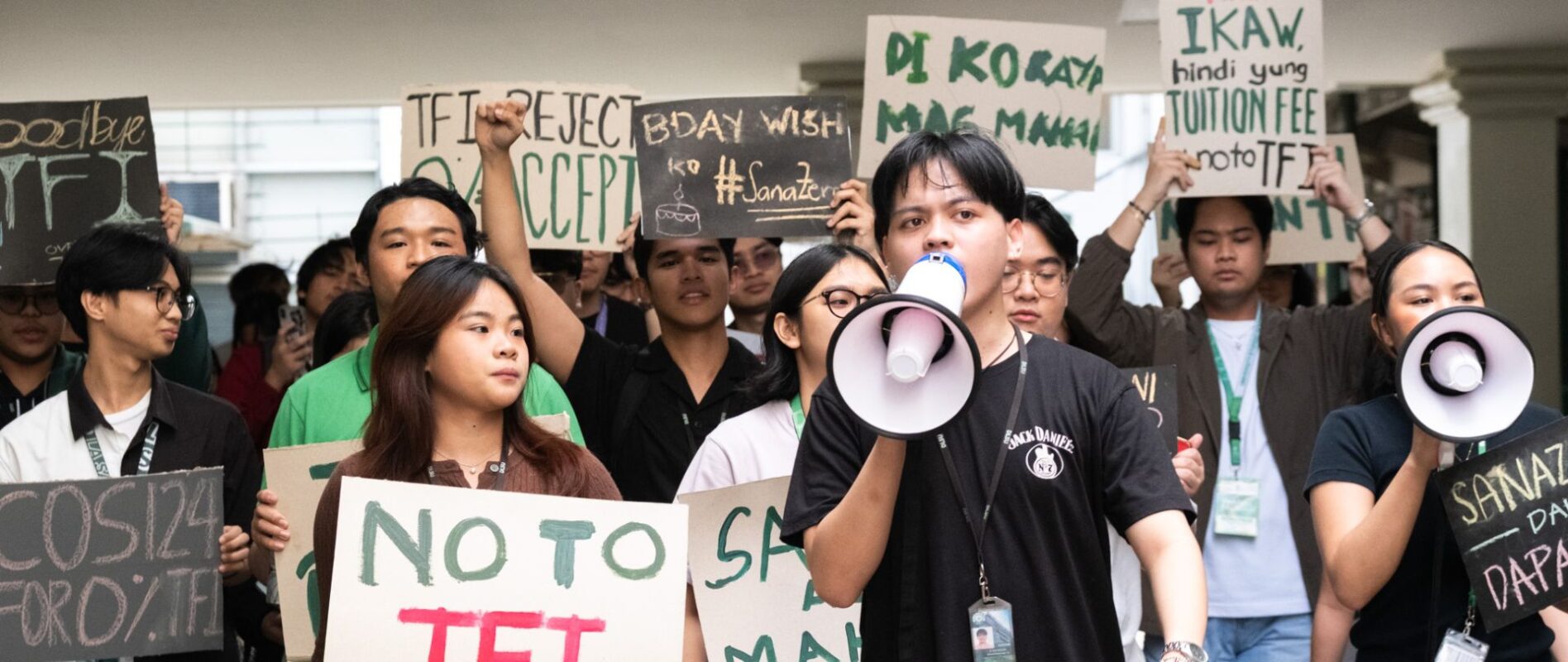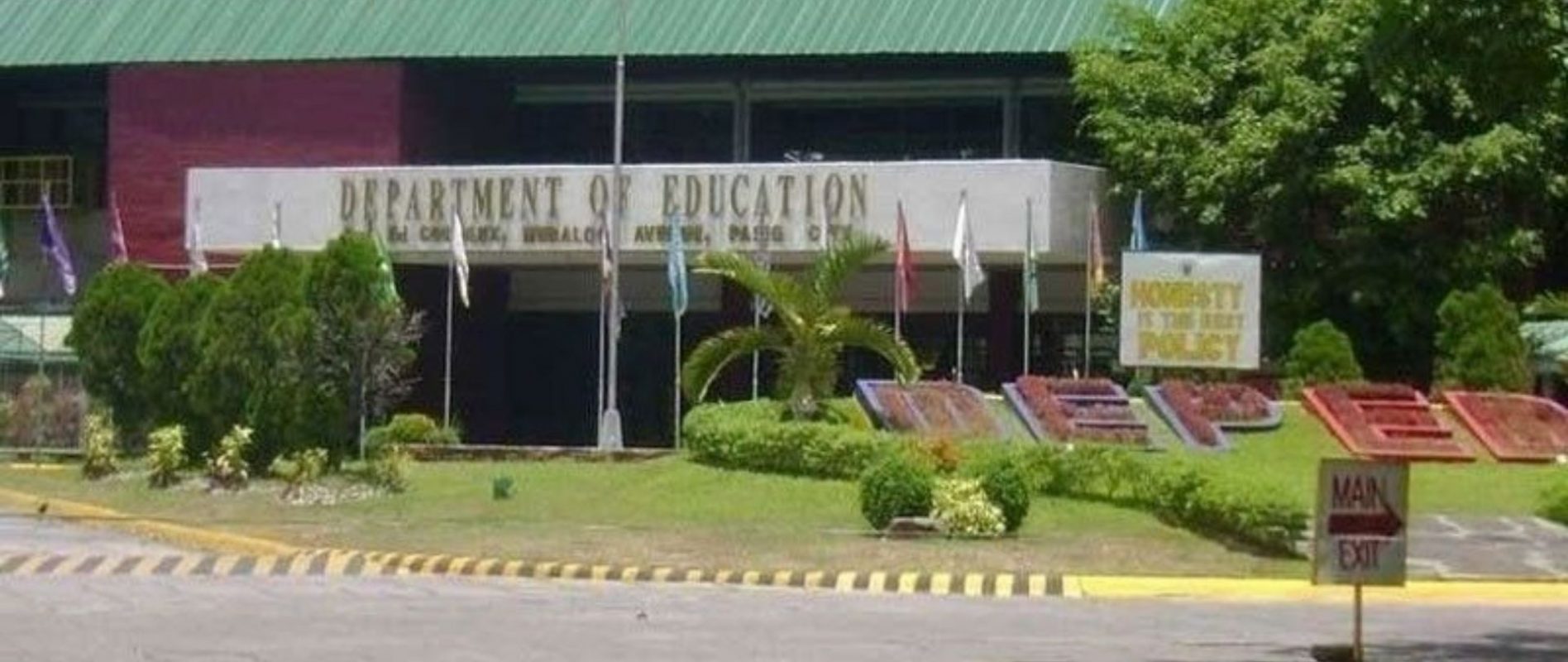SENATOR PUSHES MEASURE TO COMBAT WORSENING CHILD STUNTING CRISIS IN PH
RAISING the alarm over what he calls a worsening national health emergency, Senator Alan Peter Cayetano has filed a landmark bill aimed at halting and ultimately preventing child stunting in the country.
Cayetano’s proposed Anti-Stunting Action Plan (ASAP) Council Act of 2025 seeks to establish a high-level, multi-agency council to spearhead a comprehensive, whole-of-government and whole-of-society strategy to address stunting among Filipino children.
“Apart from lifelong impacts such as weakened immune systems, reduced brain development, poor academic performance, low self-esteem, and delayed social development, a high prevalence of stunting erodes human potential, productivity, and economic growth. This national emergency must be addressed ASAP,” Cayetano said.
Drawing from best practices, the senator cited Taguig City’s award-winning Early Childhood Care and Development (ECCD) programs and Singapore’s globally recognized early education system—both of which highlight the importance of strong early childhood foundations in national development.
Stunting, as defined by health experts, refers to impaired growth and development in children caused by chronic undernutrition, repeated infections, and inadequate psychosocial care.
According to the Second Congressional Commission on Education (EDCOM II), one in every four Filipino children under five is stunted—a rate that exceeds the global average and falls only slightly below the ASEAN average.
Under the proposed legislation, the ASAP Council would be created under the Office of the President, with the Health Secretary serving as chairperson and the Social Welfare and Development Secretary as co-chair.
The council would also include the heads of the Departments of Education, Interior and Local Government, Agriculture, Science and Technology, as well as NEDA, the ECCD Council, and the Council for the Welfare of Children, along with two NGO representatives specializing in maternal and child nutrition and care.
Among its core functions, the council would harmonize all existing anti-stunting programs across government agencies, recommend policy improvements, and ensure long-term, holistic interventions through coordinated planning and consultations.
It would also set minimum standards for child nutrition and development programs and identify necessary financing to sustain them.
A centralized national stunting database—developed and managed by the DOST-Food and Nutrition Research Institute in coordination with the Philippine Statistics Authority—would support evidence-based monitoring and evaluation.
The council would oversee flagship initiatives such as the DOH’s First 1,000 Days program, DSWD’s feeding and 4Ps initiatives, and DepEd’s school-based feeding programs to improve outcomes and ensure accountability.
“This measure envisions a future where all Filipino children have equal opportunities to grow, learn, and thrive,” Cayetano said.
The senator has long underscored the urgency of addressing child stunting, warning during the 2025 DSWD budget deliberations that failure to act now could result in higher disability rates in the future.
“Marami sa stunted na bata ang magiging future PWDs. The more we take care of stunting now, the less we’ll need to spend on interventions later on,” he emphasized.













